Act >
Handling your mask
Text updated on 2021-04-20
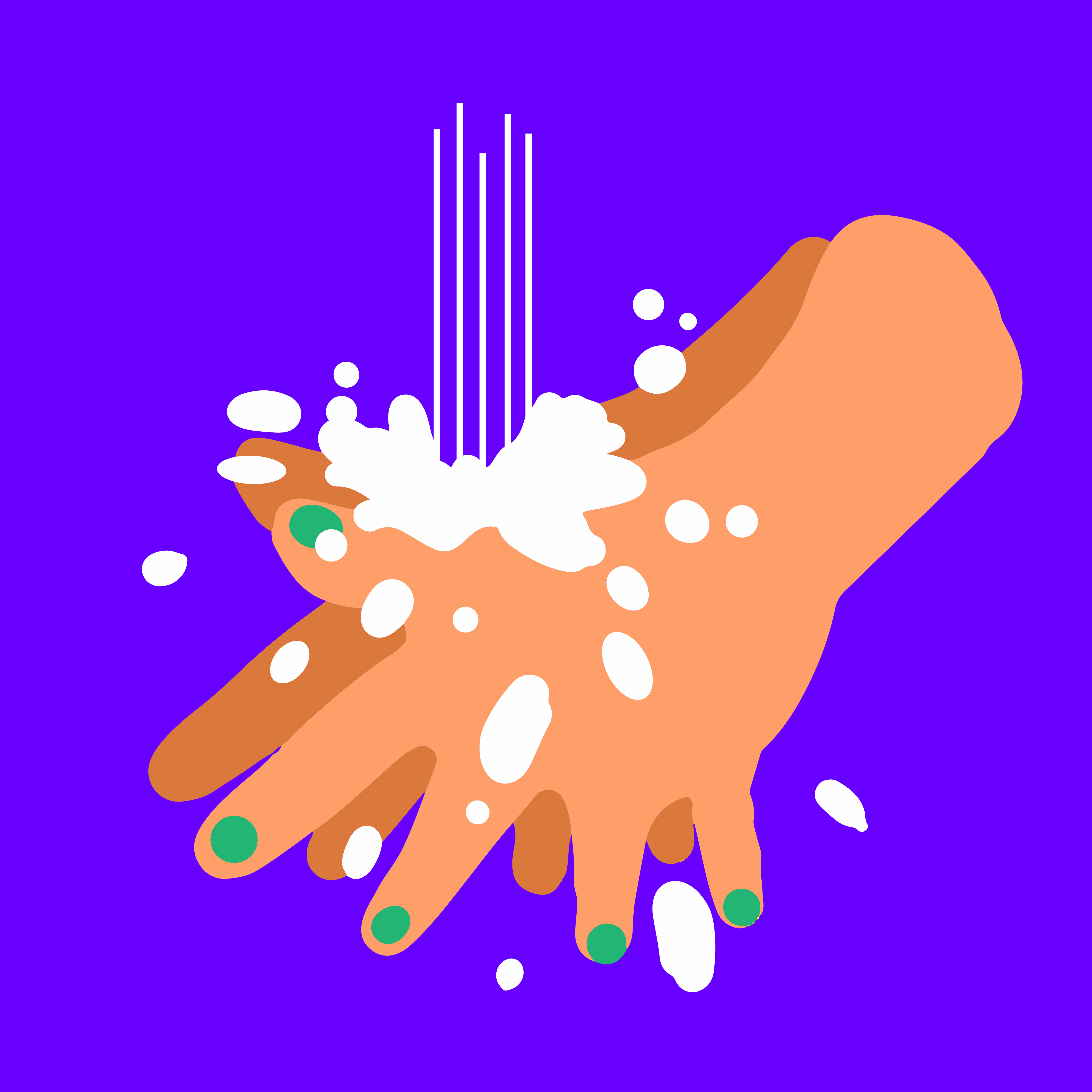
When you put on and adjust your mask, your hands move closer to the eyes and mouth, which is where the coronavirus can enter. Therefore, always wash your hands before putting on and taking off the mask.



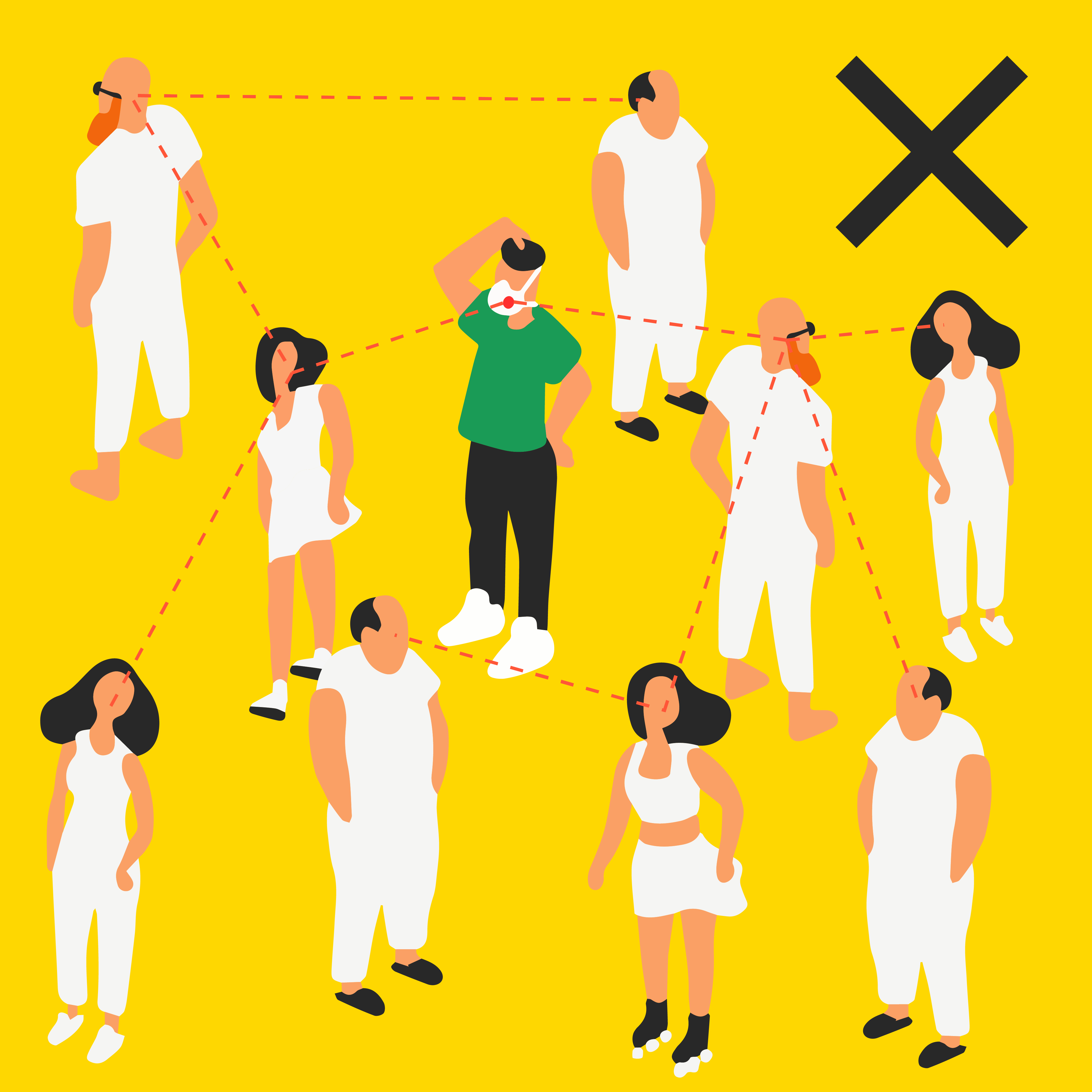
Valved masks do not protect other people. On exhalation, air exits through the valve and is not filtered. It is therefore preferable to wear a mask without a valve.
- Did you know that? Some regions in the United States have banned valve masks. Find out more about it
What are the different types of masks?



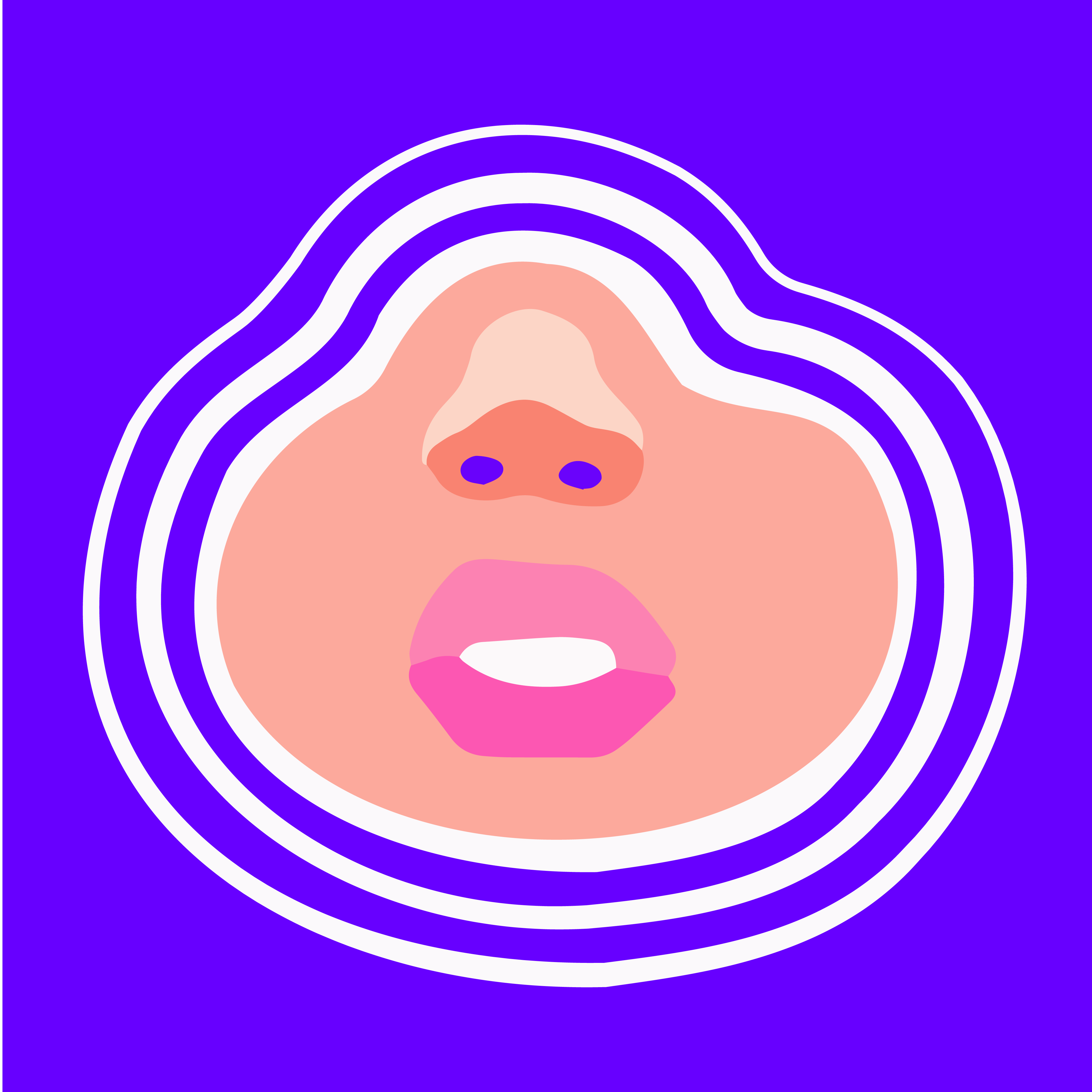
Cover your nose and mouth well, check that there is no air passing through the sides.
Did you know that? A 0.635 cm2 hole on a 59 cm2 mask reduces filtration efficiency by up to 60%. To find out more about it



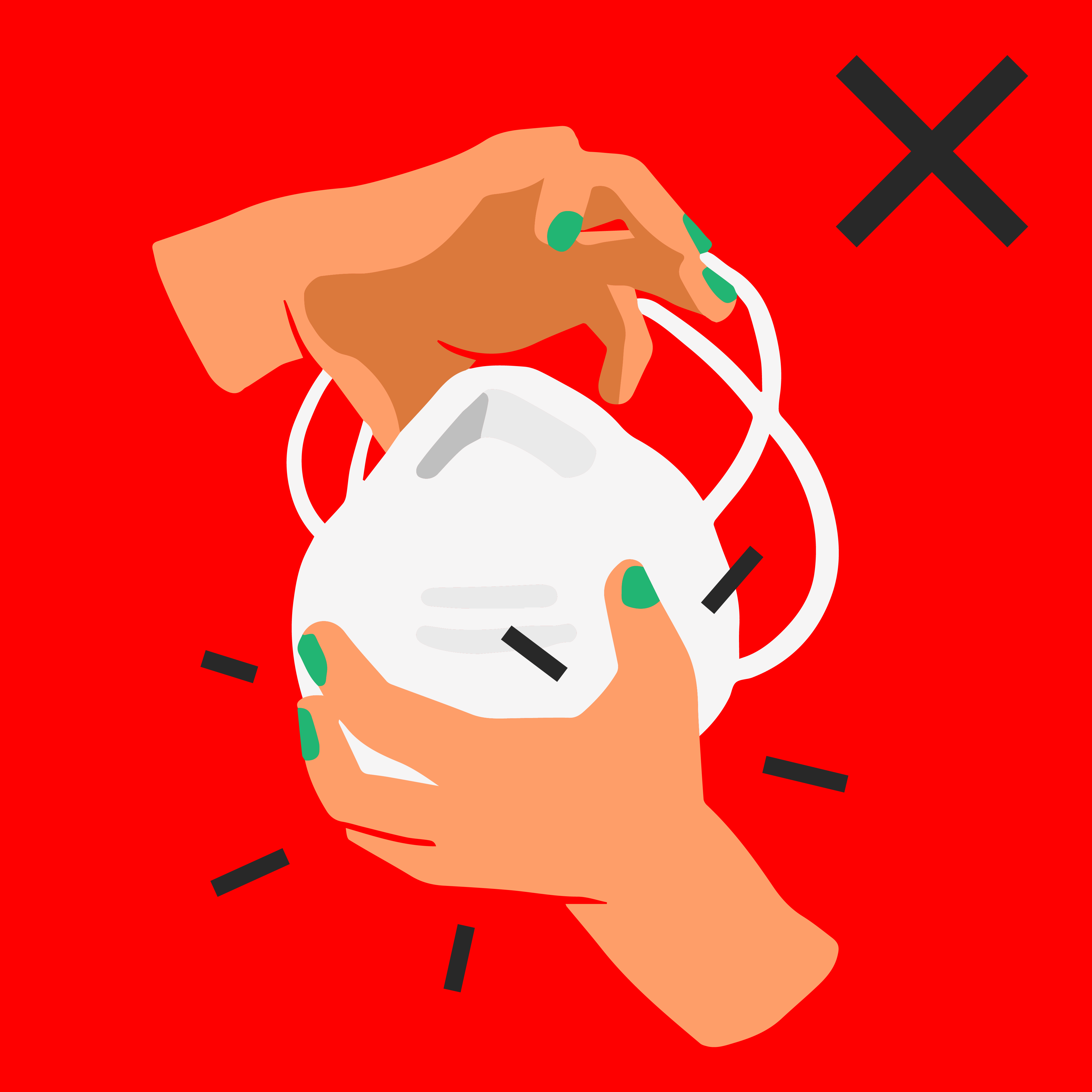
Be careful not to touch the filter of your mask.
Did you know that? On cotton masks and surgical masks worn by people with the diseaseCOVID-19, more coronavirus was found on the external part of the filter than on the internal part! To find out more about it



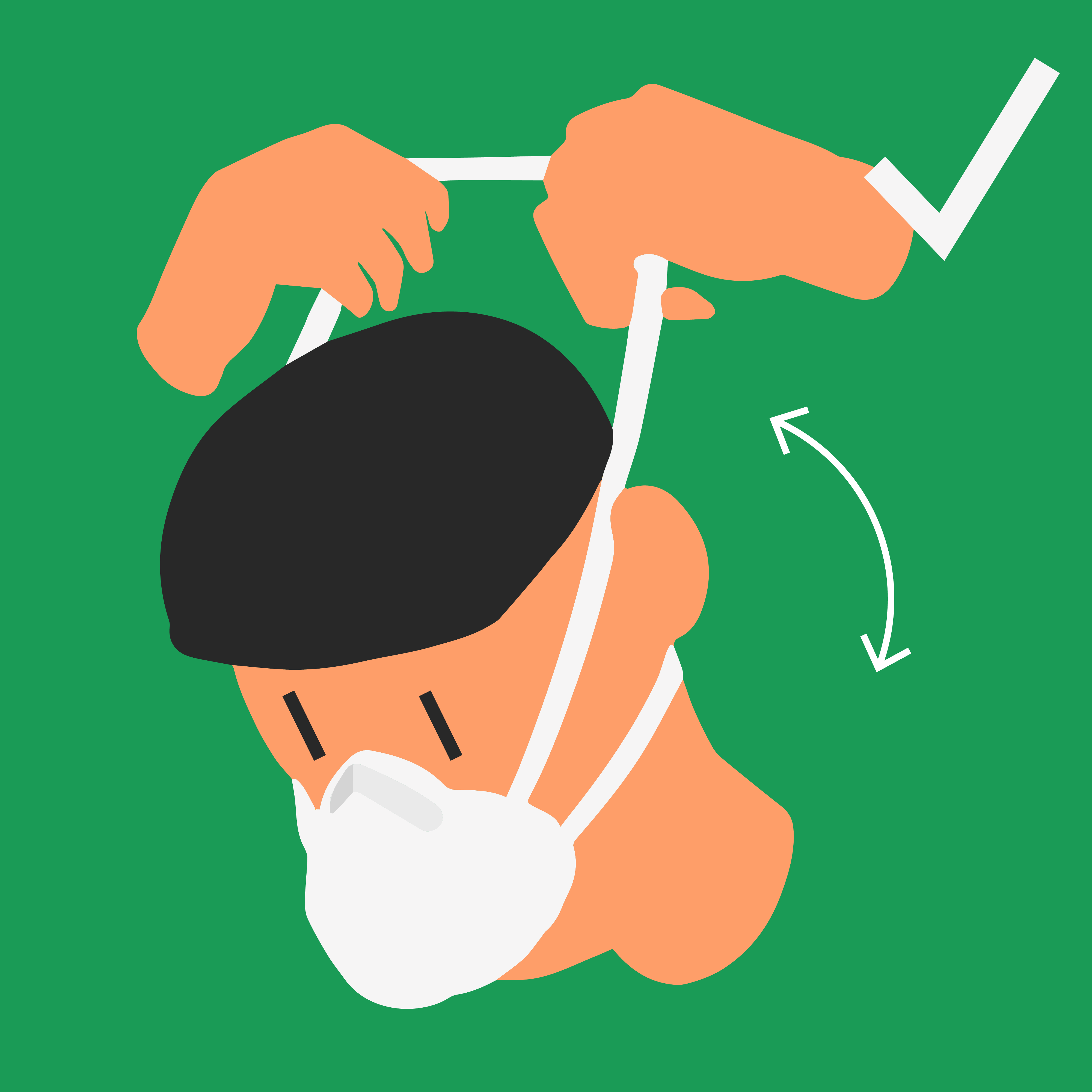
Handle the mask using only the elastics to avoid any risk of contamination.
Did you know that? A randomized study in Australia of 286 adults exposed to a child with influenza-like illness showed that those who put on a mask had a lower risk of infection. For more information



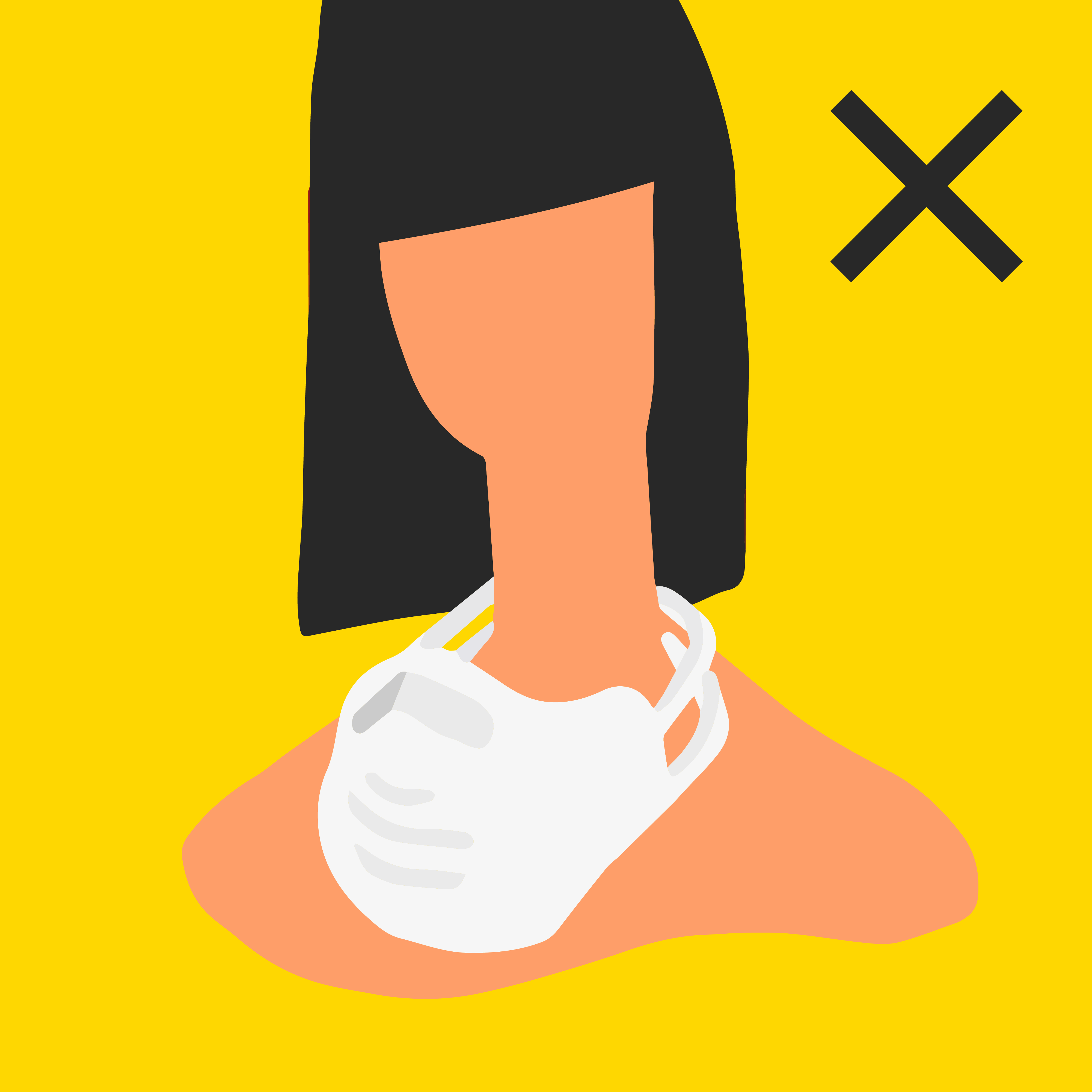
Never wear the mask around the neck or on the forehead.
Did you know that?Regardless of the language spoken (English, Spanish, Mandarin, or Arabic), the number of particles emitted from the mouth increases with the intensity/amplitude of the voice, ranging from 1 particle per second to 50 particles per second (from 0.06 to 3 particles per cm3).For more information



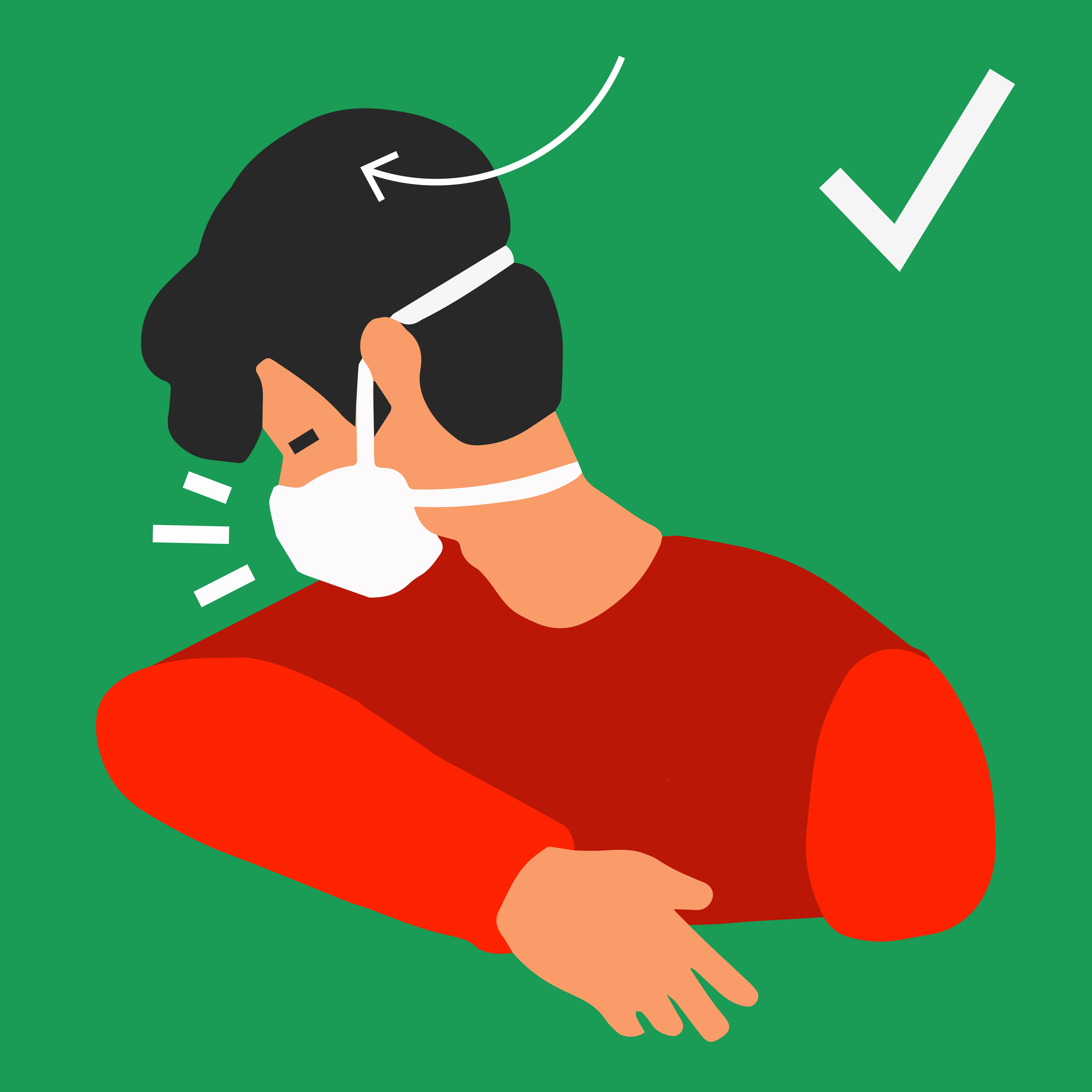
If you need to cough, turn your head away from other people, even with your mask on.
Did you know that? When coughing, a surgical or fabric mask fails to retain the SARS-CoV-2 coronavirus particles because they are ejected at high speed. For FFP respirators, their effectiveness during coughing is not yet known as no studies have been published. For more information, please contact




Faced with the shortage of masks, we may have to reuse single-use non-washable masks.
Can a mask be reused or shared with others?
To your masks...Get ready...Get Set...Go!


